
OR
A multi-million dollar project falls flat
Published On: July 6, 2016 06:59 AM NPT By: Republica | @RepublicaNepal
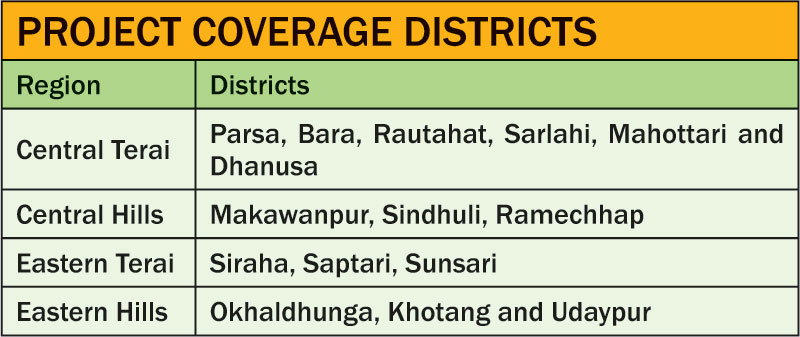
KATHMANDU, July 5: A $40 million nutrition project titled ‘Community Action for Nutrition Project: Sunaula Hajar Din (Golden Thousand Days)’ has been widely criticized for being ineffective in delivering results as per its set target.
The project covers 292 Village Development Committees (VDCs) of 15 districts. The development objective of the project is to change attitudes and practices to improve nutritional outcomes of women of reproductive age and children under the age of 2.
The World Bank Board had approved US$ 22 million in loan and 18 million in grant for this project to improve Nepal’s status of nutrition. The overall performance of the project, however, remains far behind target.
The World Bank’s latest Implementation Status and Results Report also admitted this. It has rated the project’s progress toward achievement of objective as “moderately unsatisfactory”.
Also, reports from various districts paint a bleak picture. Officials at the Ministry of Federal Affairs and Local Development (MoFALD), the implementing agency, accepted that the project has not been effective.
Although the project was planned to start in 2012, it commenced only in 2014. That is why the ministry did not get enough time to correct the systematic flaws seen in project implementation, said Bijay Raj Subedi, undersecretary at MoFALD.
He pinpointed the lack of elected representatives at local level as another reason for the inefficiency in implementation. “In the absence of elected representatives, problems have emerged right from the selection of projects at ward level,” he said. “This has also resulted in lack of accountability at the local level. The District Nutrition and Food Security Coordination Committee (DNFSCC), which is not an elected body, selects the project at the district level.”
Implementation of as many as 18 projects within a single VDC is another problem, according to him. “One VDC is responsible for handling so many projects selected at the local level. As a result, VDCs have not been able to manage the projects effectively under the existing structure and with the human resources available at the local levels,” he said.
Another reason for the lack of specific results, according to him, is diverse issues covered by the project. “The nature of the project is flexible as it covers various issues including sanitation, hygiene, awareness about nutrition, distribution of seeds, providing relief. This has resulted in lack of focus on a specific area,” he told Republica.
The World Bank, however, held the government bodies responsible for the failure and the complaints.
“The government uses its own system to implement the project financed by the World Bank. The bank ensures that the fund is used for the intended purpose. The bank has zero tolerance for fraud and corruption. In case of alleged fraud and corruption in a bank financed project, the bank takes the issue seriously and conducts investigations,” the Nepal office of the World bank told Republica.
You May Like This

Villages left in darkness as hydropower project falls flat
NEPALGUNJ, Aug 8: The construction company awarded the contract of a rural hydropower project based in Khaskusma VDC of Banke... Read More...

Subsidized housing loan scheme for quake survivors falls flat
KATHMANDU, May 1: Of the around 800,000 people who lost their homes in the devastating earthquakes of 2015, only 264 households... Read More...
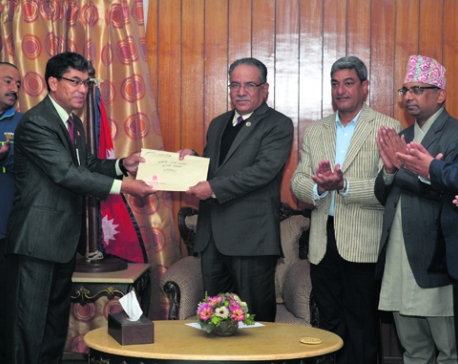
'Project specific bond could be issued to finance fast-track road project'
A committee led by National Planning Commission (NPC) Vice Chairman Min Bahadur Shrestha, formed to look into the possible modality... Read More...



Just In
- NASA and ICIMOD join forces with regional stakeholders to build clearer picture of air quality in global pollution hotspot
- World Bank approves $80 million development policy credit for Nepal to strengthen financial sector and increase access to financial services
- Govt preparing to bring Mass Communication Bill soon: Minister Sharma
- Education ministry to run programs centered on students’ learning achievements
- Govt starts process to ban vape
- NEPSE inches up 2.06 points, daily turnover falls to Rs 2.14 billion
- Ukraine says thwarted Russian-led plot to kill Zelensky
- Govt urges caution as cases of fraud rise in foreign employment sector



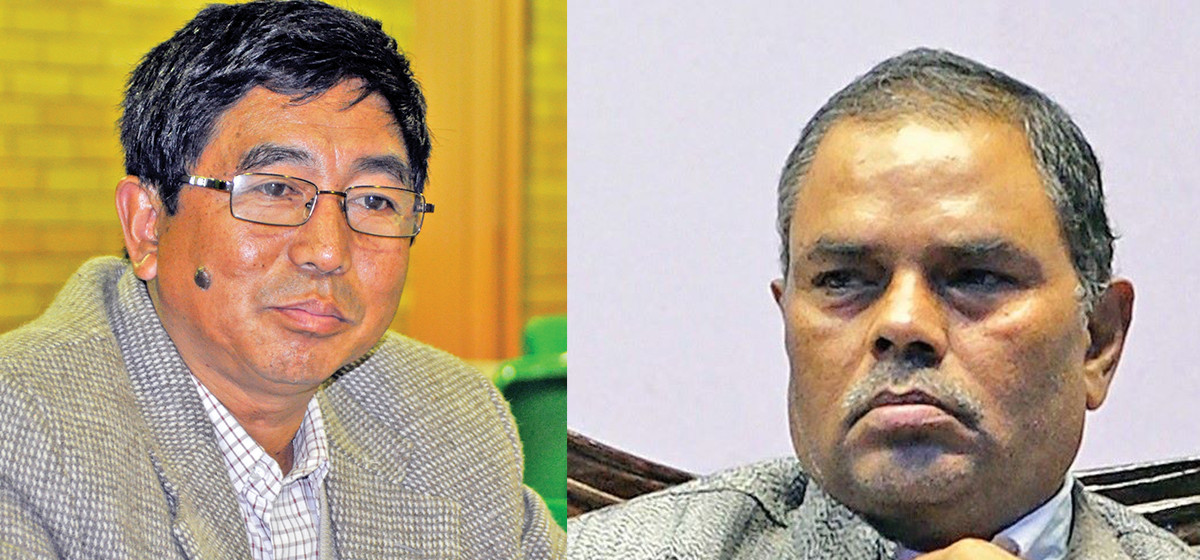
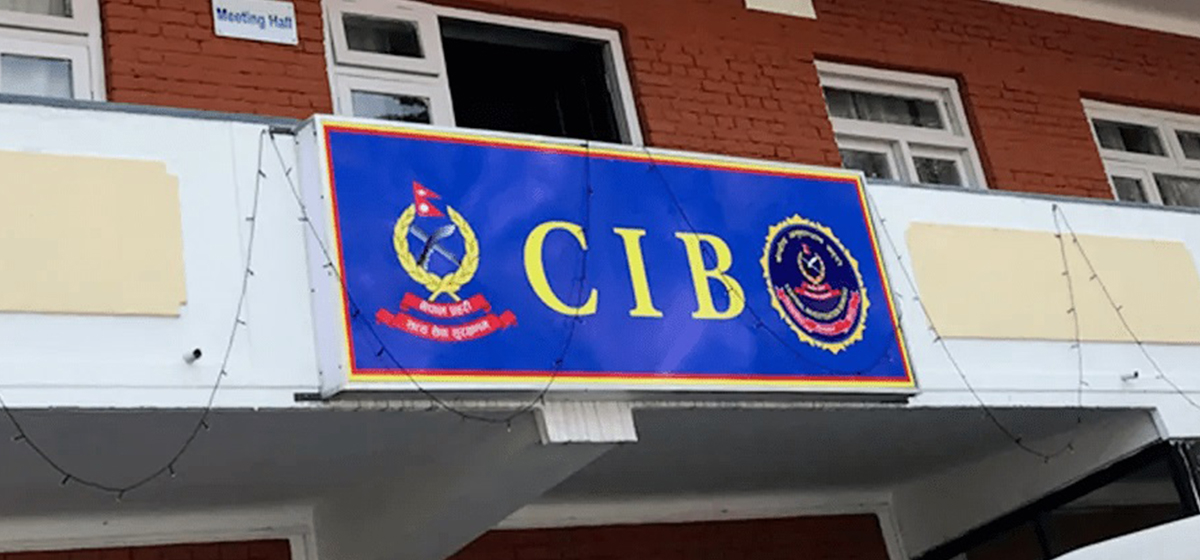

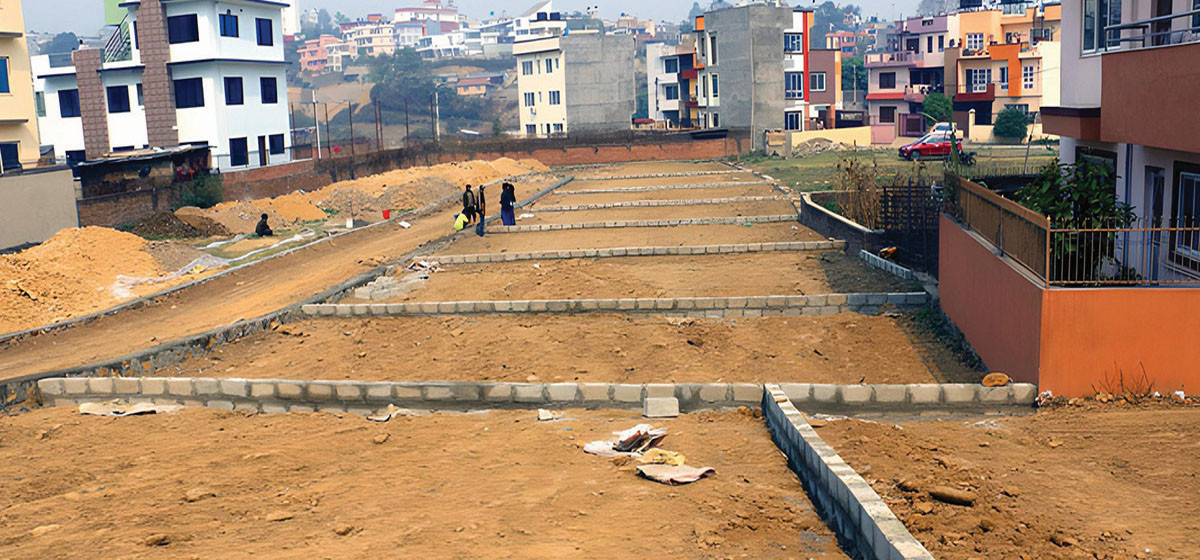
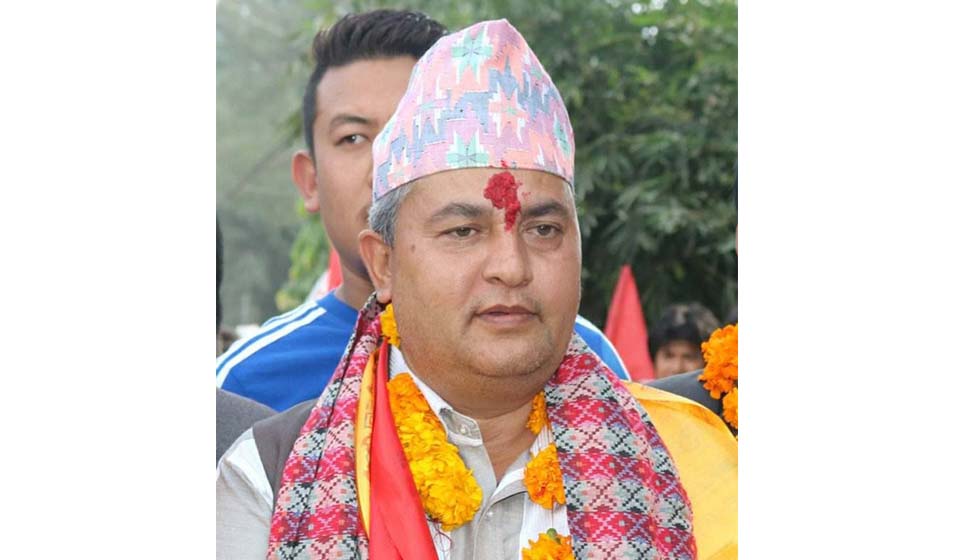
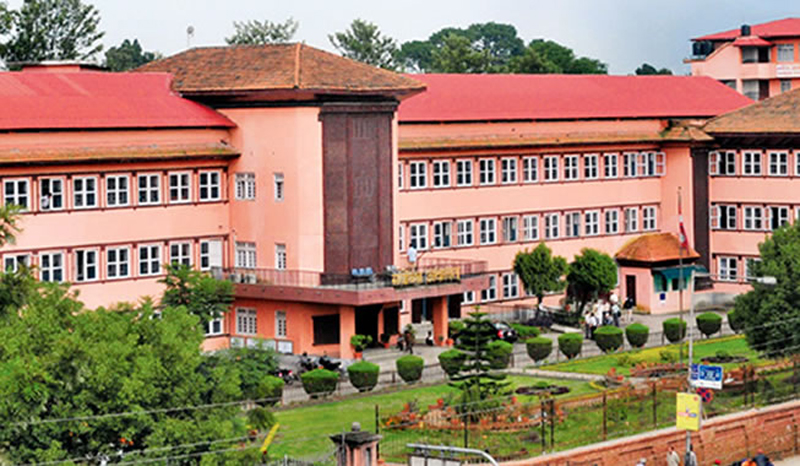
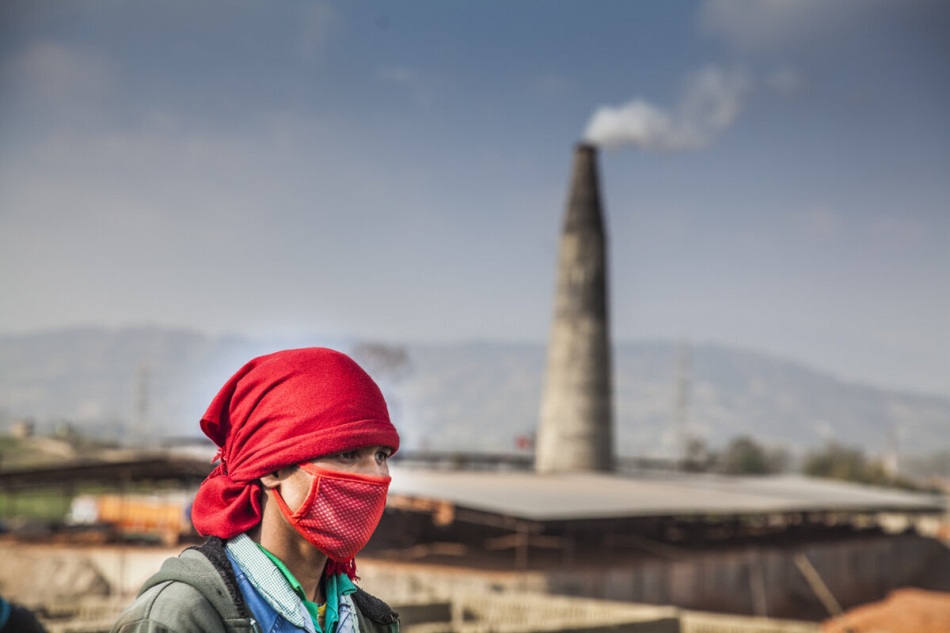

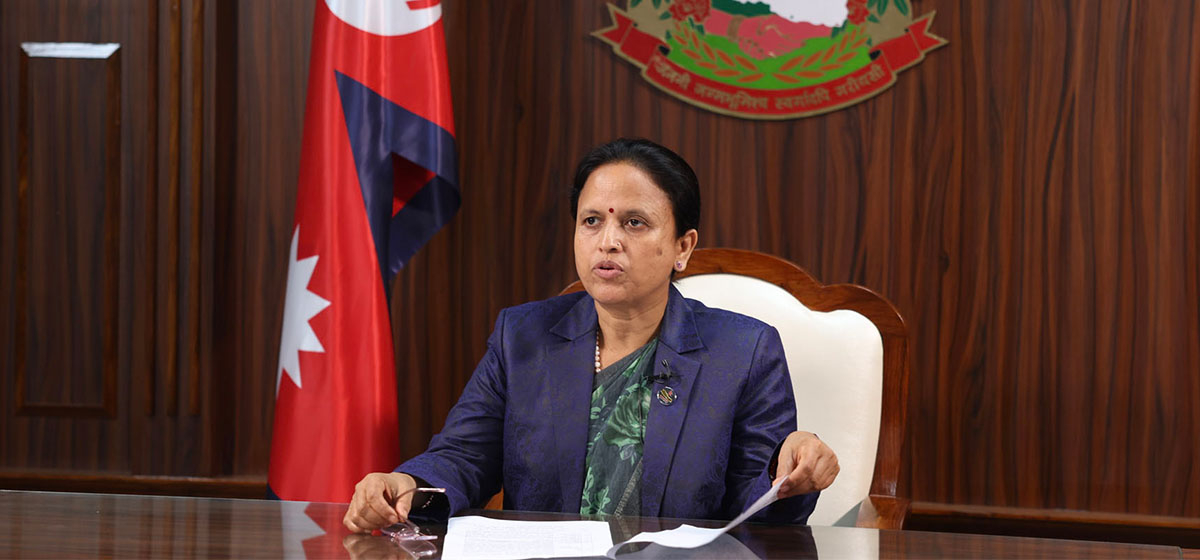
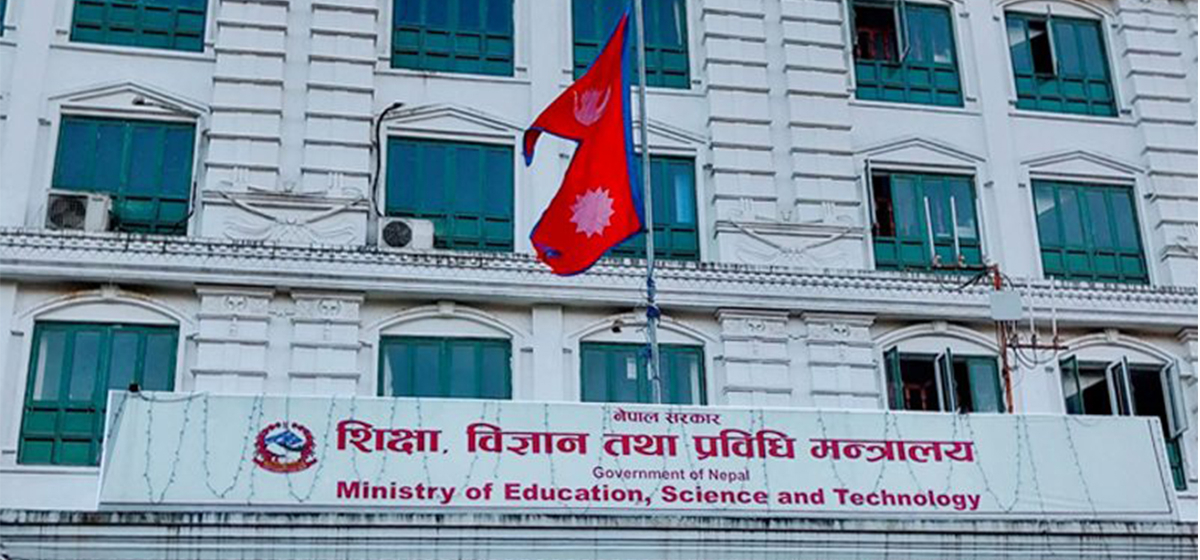


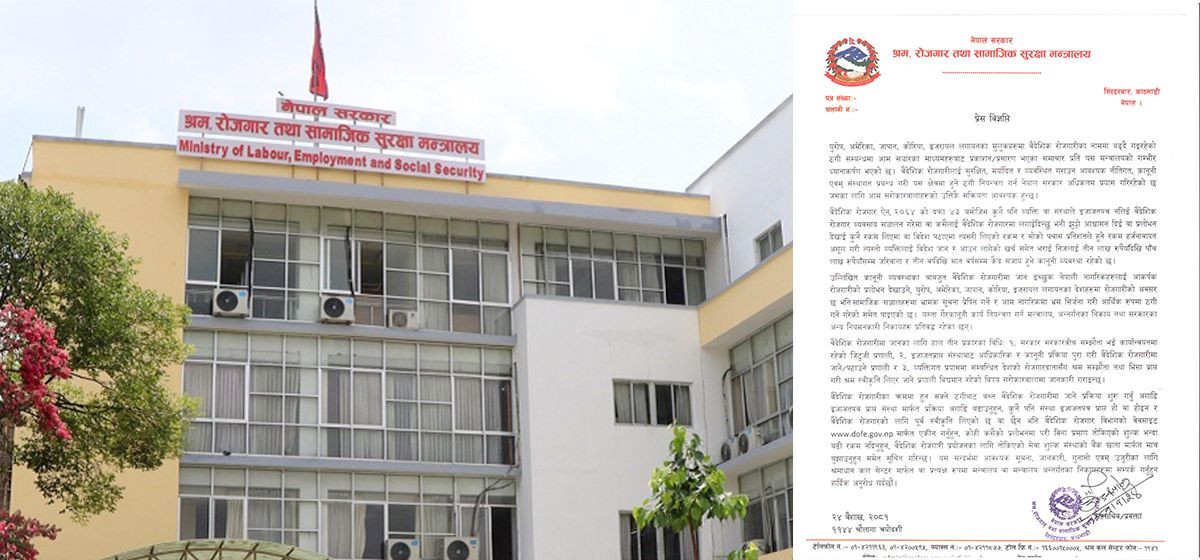
Leave A Comment